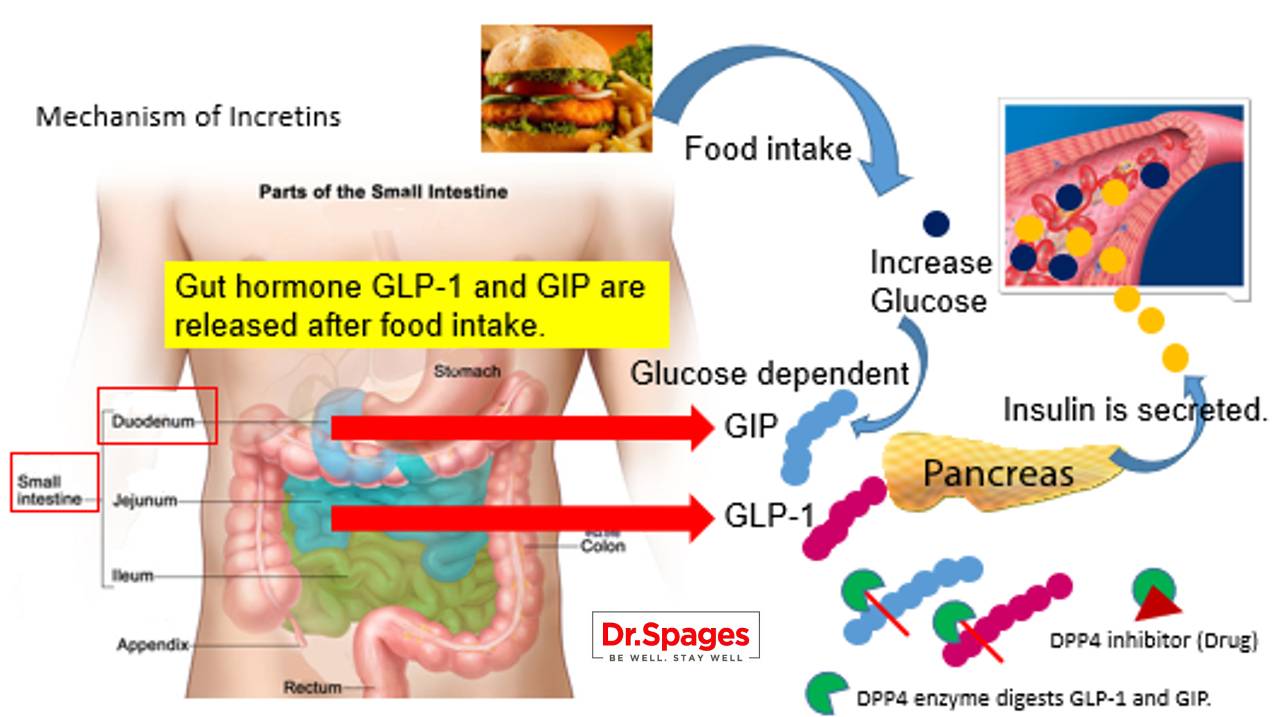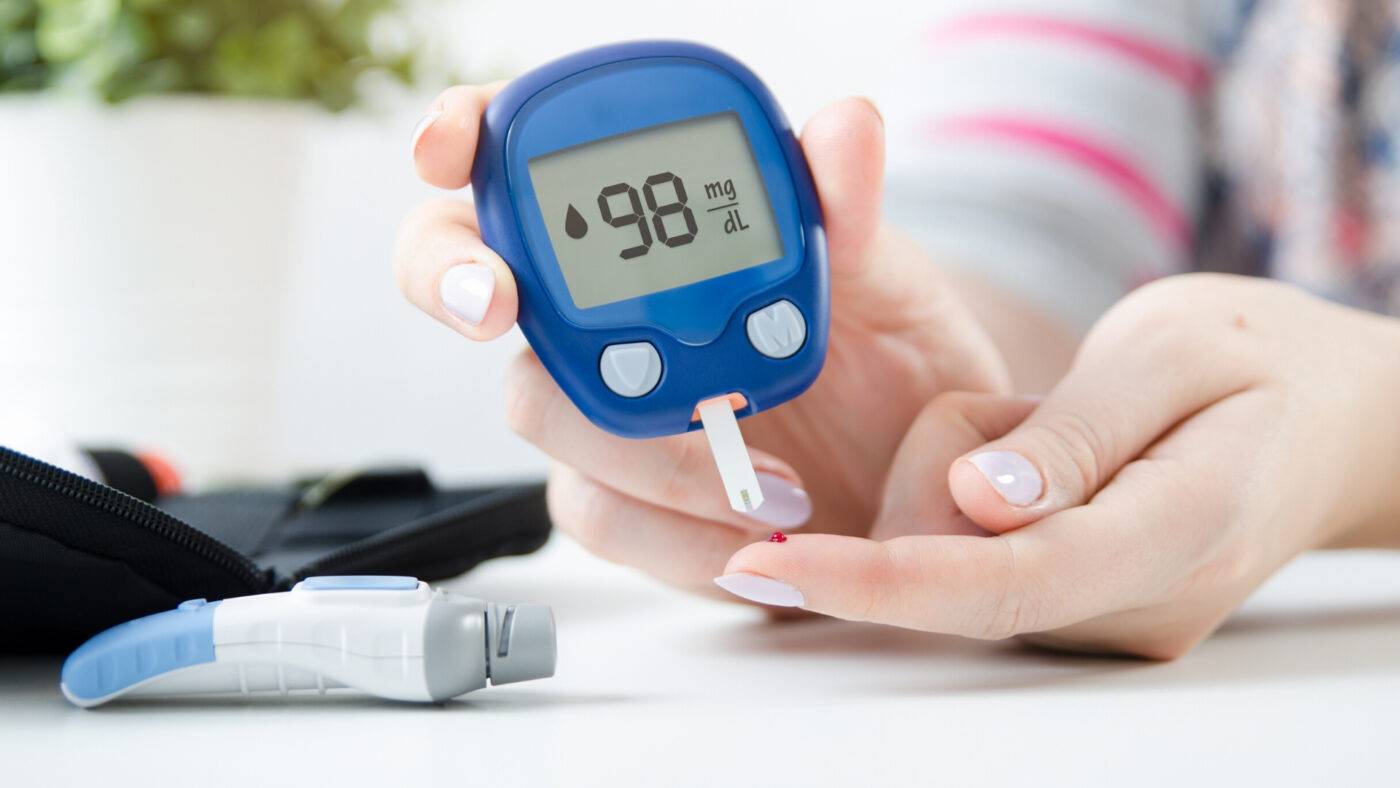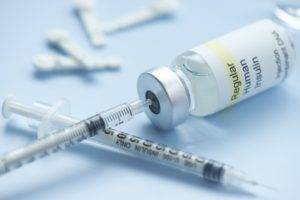
10 Foods to Avoid for a Healthier Life and Reversing Diabetes

10 Foods to Avoid for Reversing Diabetes and Living Healthier
Managing and reversing Type II diabetes requires more than just medication; it involves addressing the root causes of the condition and making mindful dietary choices. Some foods can exacerbate symptoms, spike blood sugar levels, and make it harder for your body to heal.
I’m Dr. Jonathan Spages, and I’ve helped thousands of patients reverse their diabetes by focusing on personalized care and sustainable lifestyle changes. In this article, I’ll share 10 foods to avoid to support your journey toward better health and improved blood sugar management.
Foods to Avoid for Better Blood Sugar Control
1. Sugar-Sweetened Beverages
Sodas, fruit juices, and sports drinks are packed with sugar, leading to rapid blood sugar spikes and weight gain. Instead, hydrate with water, unsweetened tea, or black coffee. If you do indulge, make it an occasional treat and factor it into your daily carbohydrate intake.
2. Processed Foods
Fast food, frozen meals, and packaged snacks are high in calories, salt, and sugar while being low in fiber. This combination makes them a poor choice for blood sugar management. Cook meals at home with fresh ingredients and prepare healthy snacks like vegetable sticks with hummus or roasted nuts.
3. White Bread, Rice, and Pasta
Refined carbohydrates cause quick blood sugar surges and offer little nutritional value. Opt for whole-grain versions or try alternatives like quinoa and cauliflower rice for added fiber and nutrients.
4. Fried Foods
French fries, fried chicken, and onion rings are loaded with unhealthy fats and calories. These foods can elevate blood sugar levels and increase your risk of complications. Choose baked or grilled dishes and use healthier oils like olive oil or avocado oil.
5. Full-Fat Dairy Products
Cheese, butter, and cream contain high levels of saturated fat, increasing the risk of heart disease—a common diabetes complication. Swap these for low-fat or non-dairy alternatives like almond or soy milk and flavor dishes with herbs and spices instead.
6. Red and Processed Meats
Beef, pork, and processed meats like bacon are high in saturated fat and cholesterol, contributing to heart disease risk. Choose lean proteins such as chicken, fish, or plant-based options like lentils, beans, and tofu.
7. High-Sodium Foods
Canned soups, processed meats, and salty snacks can raise blood pressure, compounding the risks of heart disease for diabetics. Instead, opt for low-sodium alternatives and fresh, unprocessed foods.
8. Alcohol
Excessive alcohol can cause unpredictable blood sugar fluctuations, weight gain, and increased heart disease risk. Limit consumption to one or two drinks per day, if at all, and monitor your blood sugar closely.
9. Sweetened Breakfast Cereals
Many cereals are high in sugar and low in fiber, leading to blood sugar spikes. Choose high-fiber options like oatmeal or bran flakes and add fresh fruit or nuts for added nutrition and flavor.
10. High-Fat Desserts
Cakes, cookies, and ice cream are loaded with unhealthy fats and sugar. Instead, choose fresh fruits or low-fat yogurt as satisfying dessert alternatives. You can also make your own healthier treats using whole-grain flour, unsweetened cocoa powder, and natural sweeteners.
Conclusion: Building a Healthier Future
Avoiding these 10 foods is a significant step toward reversing Type II diabetes and improving your overall health. By making smarter food choices and focusing on fresh, nutrient-dense options, you can stabilize your blood sugar levels, reduce complications, and feel more energized.
At my practice, I prioritize addressing the root causes of diabetes and creating personalized care plans to empower patients. It’s not just about what you avoid but what you incorporate into your diet to heal your body.
Ready to take control of your health? Explore my approach and find out how personalized care can help you reverse your diabetes and live a healthier life.
Learn more here: Free Diabetes Training
Let’s work together to help you achieve your health goals.


















